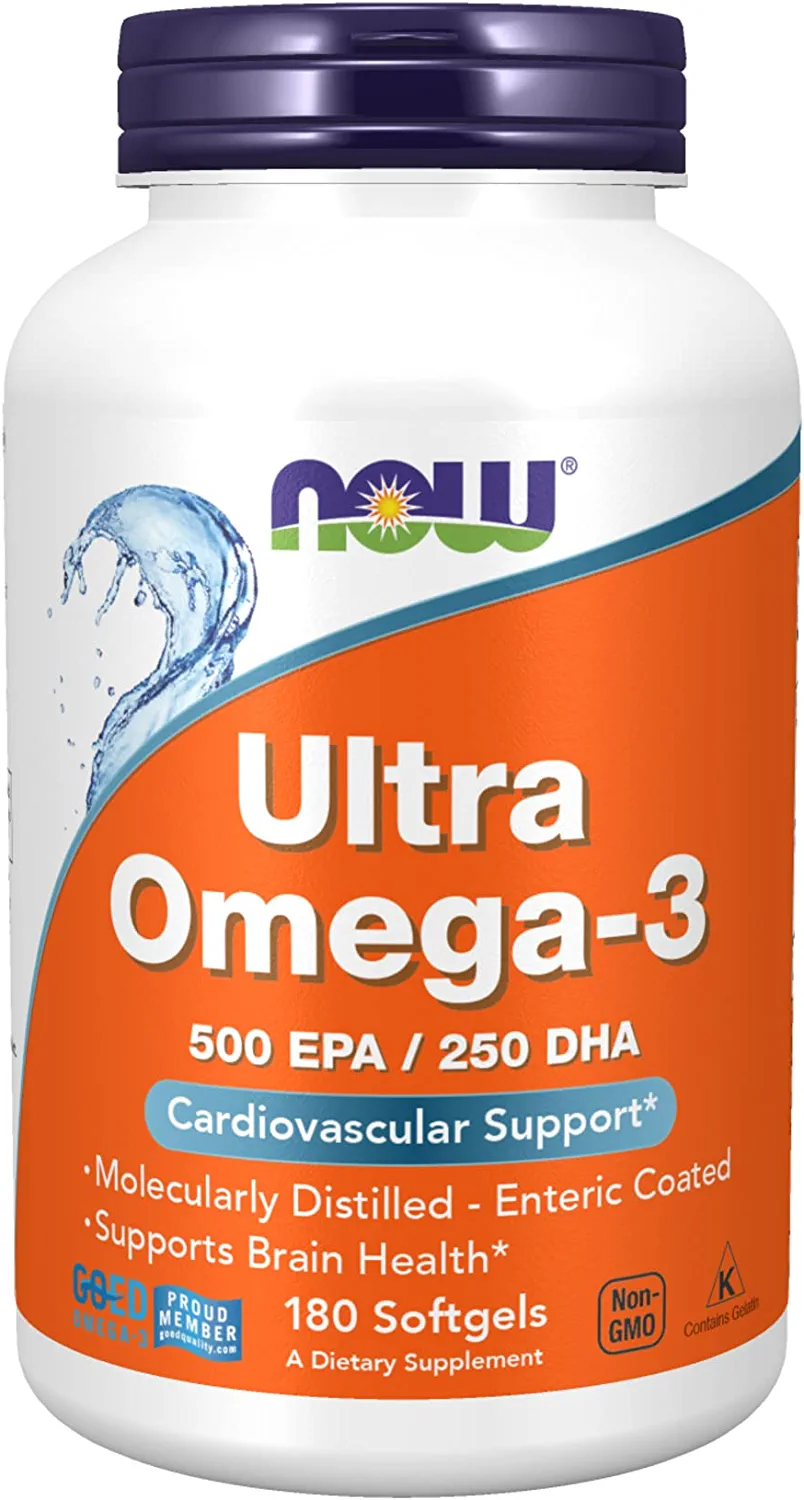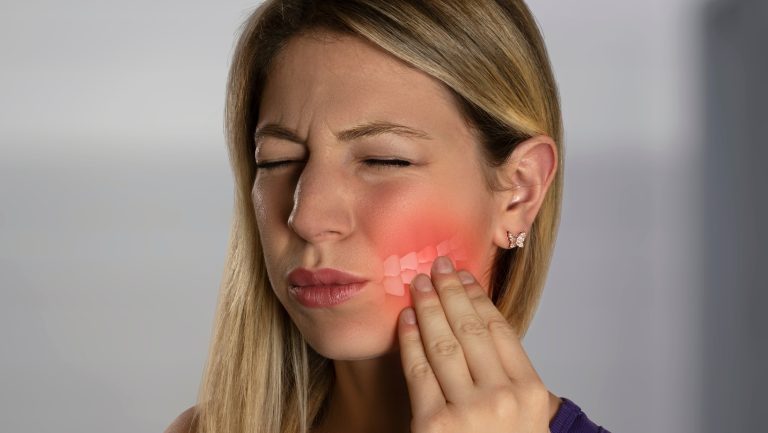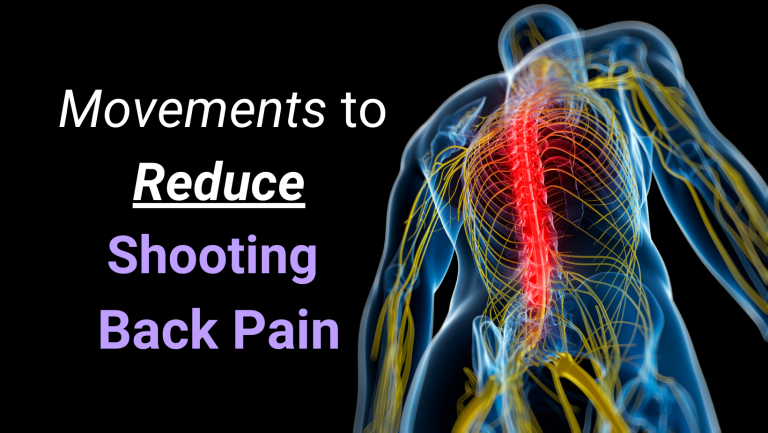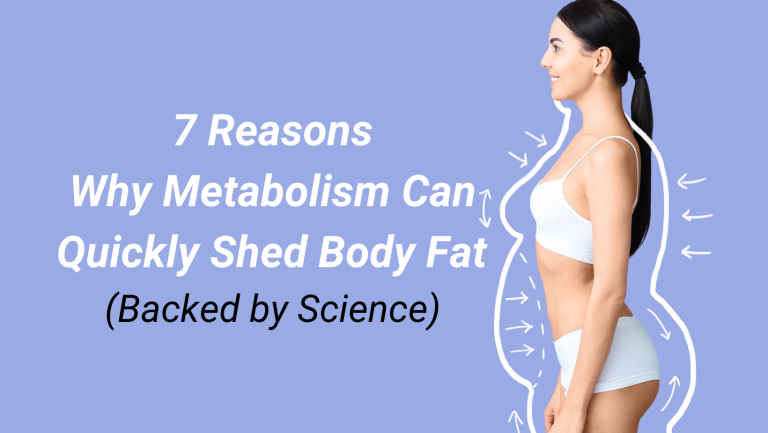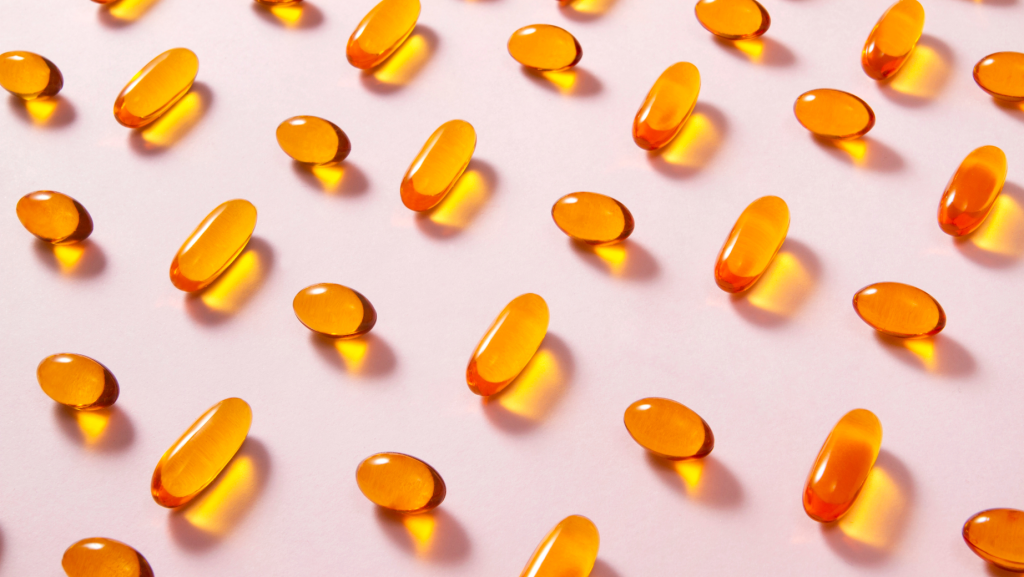
In the book The Depression Cure: The 6-Step Program to Beat the Depression without Drugs by Dr. Stephen S. Ilardi, he emphasized the importance of Omega-3 as a cure for depression. Stephen Ilardi received his Ph.D. in clinical psychology from Duke University, and has spent the past two decades as an active researcher, university professor, and clinician. He has treated several hundred patients suffering from depressive illness and other serious disorders, and has authored over forty scholarly articles and papers on mental illness. This blog post is inspired by The Depression Cure and provides a deep dive into the importance of omega-3 in the fight against the most prolific mental disease of the century: depression.
Overview
Our body uses omega-3 fatty acids for a variety of purposes, making them very vital. Its impacts on heart health, inflammation, and even mental health have all been extensively researched.
Researchers have been examining the potential effects of omega-3 on depression and other mental and behavioral disorders for more than ten years. The research has proven encouraging, yet more work must be done before definitive judgments can be made because it is still relatively new. The majority of research indicate that omega-3 fatty acids may be effective in treating various types of depression.
Learn more about the advantages of omega-3 fatty acids and how they help treat depression by reading the rest of this article.
How can omega-3 fatty acids treat depression?
The two main sources of omega-3 fatty acids are fish oil and certain marine algae. Scientists have looked at whether fish oils may prevent and/or cure depression and other mood disorders since they believe that depression is less common in countries where people consume a significant amount of fish. Eicosapentaenoic acid (EPA) and docosahexaenoic acid (DHA) are two omega-3 fatty acids that are regarded to have the most potential to help patients with mood problems.
Various action mechanisms have been put forth. For instance, omega-3s may easily cross the membrane of brain cells and interact with chemicals that influence mood. Additionally, they contain anti-inflammatory properties that might lessen depression.
Andrew Stoll, MD, and colleagues published a research on fish oil in 30 patients with manic-depressive disorders in the in May 1999 Archives of General Psychiatry. Sixty-four percent of individuals who consumed 10 grams of fish oil daily for four months said their symptoms had significantly improved. Conversely, just 19% of those getting the placebo saw any benefits.
There is other evidence that supports the advantages of fish oil for mood disorders in addition to the ones mentioned below. According to Stoll, “there are many grounds to think it works.” “We see decreased incidence of depression in nations where the average fish consumption is high.”
Different omega-3 formulations have been explored in more than 30 clinical studies on depressed individuals. In the majority of trials, omega-3s were used as an adjunctive treatment for persons using prescription antidepressants, with modest or no benefit. Fewer research have focused only on omega-3 treatment. EPA alone or in combination with DHA is frequently used in clinical studies, with dosages ranging from 0.5 to 1 gram per day to 6 to 10 grams per day. To put it into perspective, consuming one gram daily equates to three salmon dinners per week.
Researchers examined data from three studies that utilized EPA to treat bipolar depression, major depression in children, and recurrent major depression in adults in 2009. When compared to those receiving a placebo, the vast majority of participants receiving EPA in any form shown considerable improvement and profited from it.
An analysis of the 2004 study on omega-3s and depression suggested that DHA, in addition to EPA, may be crucial in the management of different forms of depression. Lower levels of EPA and DHA were seen in people who had postpartum depression, mild depression, and suicidal thoughts. These investigations revealed that most test subjects’ depressive symptoms appeared to be improved by a mixture of EPA and DHA contained in fish oil.
Omega-3 supplements may also be helpful for depressed kids and teenagers. A significant study is being conducted at Harvard to see if omega-3 supplements (alone or in conjunction with vitamin D) can shield healthy older persons against depression.
Softgels or go fish?
According to the FDA and the European Food Safety Authority, using EPA and DHA supplements over the long term at combined quantities of up to 5 g (or 5000 mg) per day considered safe.
What is the best method to consume your recommended daily intake of EPA and DHA? The greatest research studies have found that getting it in the form of fish oil, the richest natural source of both EPA and DHA, is by far the most practical method. A few pills (or tablespoons) of premium fish oil each day will do the trick. Since it only takes a minute every day to implement, most individuals have no issue incorporating it into their regular routine.
Dr. Steve Ilardi, in the The Depression Cure, recommended a starting omega-3 dose of 1000 mg of EPA and 500 mg of DHA each day to all of his patients. This is also the dose that is advised to start with whether you are experiencing depression symptoms right now or if you wish to avoid the development of the condition in the future. You may need to adjust the dosage somewhat based on how you respond after a few weeks on this regimen.
A common mistake with taking fish oil is consumers tend to focus on the weight of fish oil in mg instead of the amount of EPA and DHA the capsule carrries. For example, a single softgel of 1000 mg Nature Made Fish Oil contains 250 EPA. That means taking two Nature Made softgels (2000 mg) provides 500 EPA, which is below the suggested dose of 1000 mg of EPA per day. NOW Foods fish oil is highly recommended since each softgel contains 500 EPA and 250 DHA. Two NOW Foods fish oil softgels per day will meet the recommended dose of EPA and DHA for depression treatment.
Depending on the disease and how severe it is, different health issues require different dosages of vitamins. Before include any supplement in your health routine, make sure to consult your doctor about the dosage that would be appropriate for you.
Supporting Sources:
1) Stephen S. Ilardi (2010). The Depression Cure: The 6-Step Program to Beat Depression without Drugs.
2) David Mischoulon, MD, PhD. Omega-2 fatty acids for mood disorders. Havard Health Blog (2020). https://www.health.harvard.edu/blog/omega-3-fatty-acids-for-mood-disorders-2018080314414
3) Logan A. C. (2004). Omega-3 fatty acids and major depression: a primer for the mental health professional. Lipids in health and disease, 3, 25. https://doi.org/10.1186/1476-511X-3-25
4) Osher, Y., & Belmaker, R. H. (2009). Omega-3 fatty acids in depression: a review of three studies. CNS neuroscience & therapeutics, 15(2), 128–133. https://doi.org/10.1111/j.1755-5949.2008.00061.x
4) National Institute of Health, Office of Dietary Supplements. Omega-3 Fatty Acids, Fact Sheet for Health Professional. https://ods.od.nih.gov/factsheets/Omega3 FattyAcids-HealthProfessional/#h2
5) WebMD. Fish Oil to Treat Depression. https://www.webmd.com/depression/features/fish-oil-to-treat-depression
This article does not provide medical advice. It is intended for informational purposes only. It is not a substitute for professional medical advice, diagnosis or treatment. Never ignore professional medical advice in seeking treatment because of something you have read on the healthysolutions.fit Site. If you think you may have a medical emergency, immediately call your doctor or dial 911.
Related Articles

